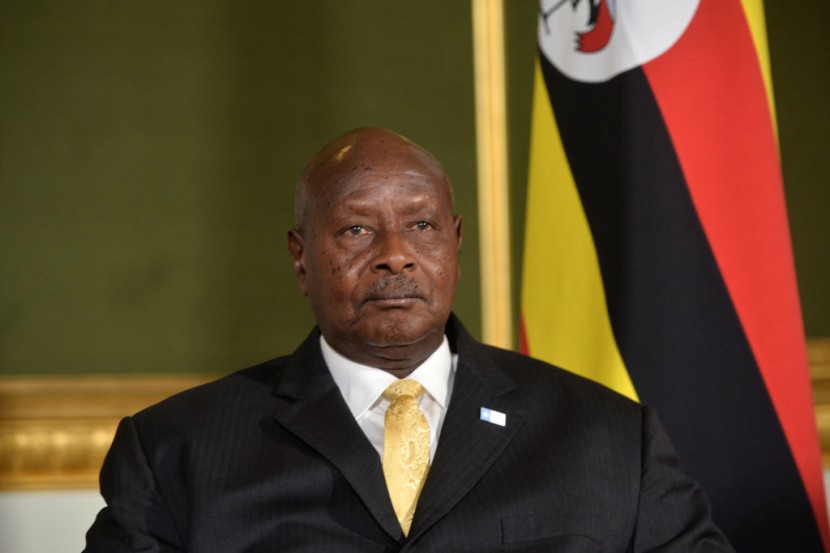
Uganda President Yoweri Museveni refuses to sign a new anti-LGBTQ bill into law
- The bill would impose the death penalty in some cases, forcing the president to urge for a change
- The majority of parliamentarians in Museveni's ruling party supported the controversial bill
Uganda President Yoweri Museveni refuses to sign an anti-LGBTQ bill into law as it would impose the death penalty in some cases, arguing that the proposal should be revised.
The president's decision was revealed on Thursday following a meeting of parliamentarians in his ruling party. Almost all of the people included in the panel supported the bill that lawmakers approved last month.
Uganda President Refuses to Sign Anti-LGBTQ Bill
A statement revealed that the meeting between parliamentarians resolved to return the bill to the national assembly "with proposals for its improvement." Additionally, a spokesman for the presidency said that Museveni did not oppose the punishments that the bill proposed. However, he wanted lawmakers to consider "the issue of rehabilitation," as Aljazeera said.
In a Twitter post, spokesman Sandor Walusimbi said that Museveni told members of his ruling party that he had no objections to the punishments of the bill. However, he noted that they should consider rehabilitating people who have engaged in homosexuality in the past and want to live once again "normal" lives.
He added that lawmakers agreed that the bill should go back to Parliament to address rehabilitation issues before it can be signed into law. Under a colonial-era law that criminalizes sex acts "against the order of nature," homosexuality has been illegal in East Africa for some time.
The country's president is now under pressure from the international community to veto the bill outright, which needs his signature to be passed into law. The United States has warned Uganda of potential economic consequences if the legislation pushes through. A group of United Nations experts claims that if the bill is enacted, it would be an "egregious violation of human rights."
Imposing Capital Punishment for Homosexual Acts
This week, a group of scientists signed an open letter that urged Museveni to veto the bill after it received widespread criticism worldwide. According to CNN, these include remarks from the UN, the European Union, and the U.S. Secretary of State.
On Thursday, NRM chief whip Denis Hamson Obua said that the anti-LGBTQ bill is, in principle, supported unanimously by the NRM parliamentary caucus. He added that the punishment included in the bill would be upheld.
The Uganda president is expected to meet with the legal affairs committee of Parliament and other parties to finalize the bill next week.
If passed, the bill's death penalty sentence would be applied to people who were convicted of "aggravated homosexuality." It is a sweeping term that the country's law defines as homosexual acts that anyone infected with HIV commits or if it involves children, disabled people, or anyone who was drugged against their will.
Most of these acts are already considered crimes under the law, regardless of gender. However, capital punishment has been added as the most extreme form of punishment to target cases where the suspect and the victim are of the same sex, said the New York Times.
Related Article: At Least 78 Dead in Devastating Yemen Stampede
© 2025 HNGN, All rights reserved. Do not reproduce without permission.








